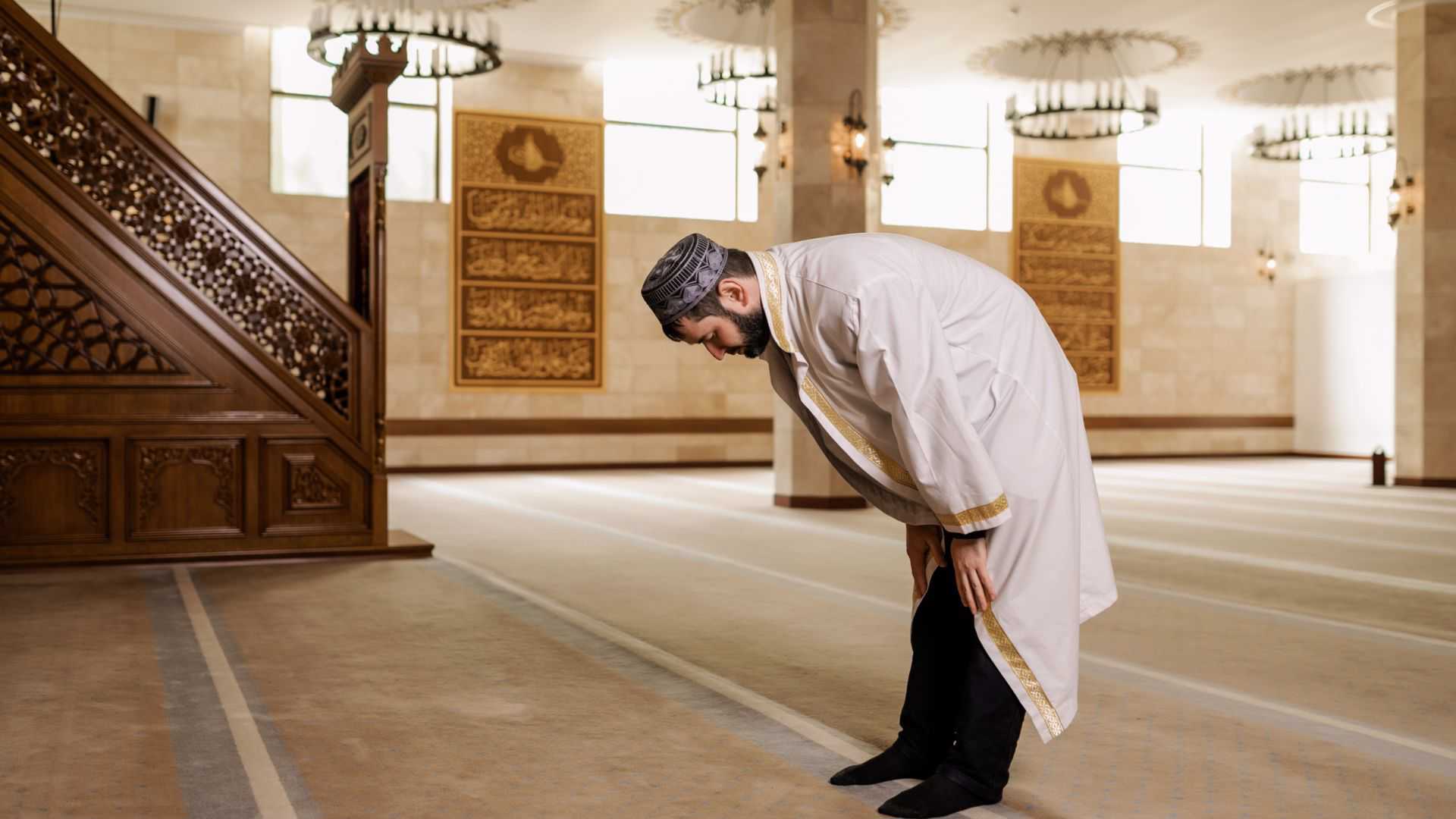Productive Muslim daily routine: Prophet Muhammad (peace be upon him) is considered as a role model for Muslims in all aspects of life, including productivity and daily routine. His life provides valuable insights and lessons on how to lead a productive and balanced life. Here is an explanation of the Productive Muslim daily routine based on the example of Prophet Muhammad’s life.
Productive Muslim daily routine From the Life of Prophet Muhammad
1) Wake up one hour early before Fajr Prayer:
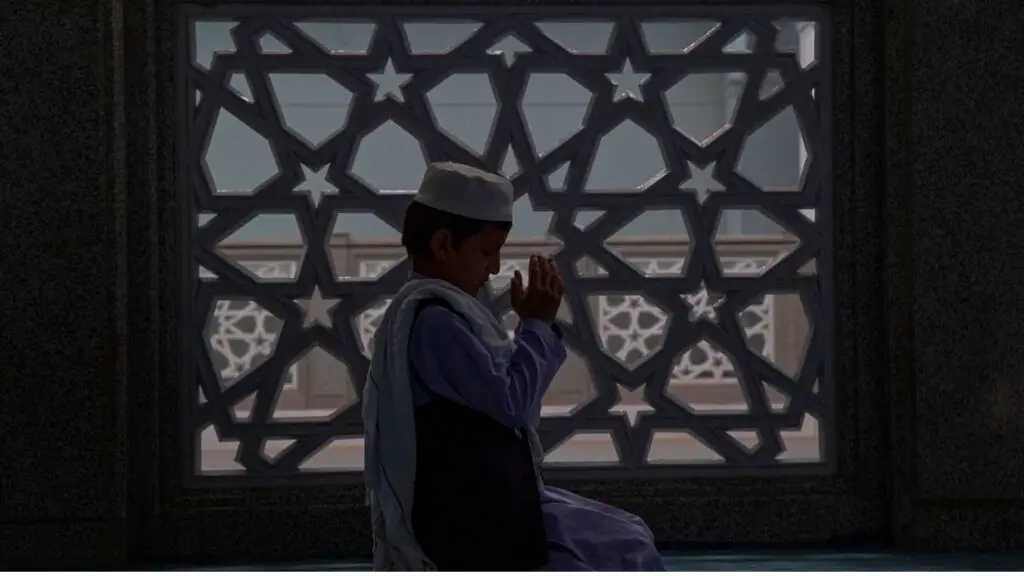
The Prophet Muhammad (Peace and blessings be upon him) used to get up in the third half of the night and start his day. That is, he would begin at the time of the night prayer, Salatul Fajr, before the prayer.
This is the finest time to wake up since it is a time of peace, solitude, and contemplation when your mind is at its sharpest, you have the most energy, and you are most alert.
2) Make Alhamdulillah the First Thing You Say:
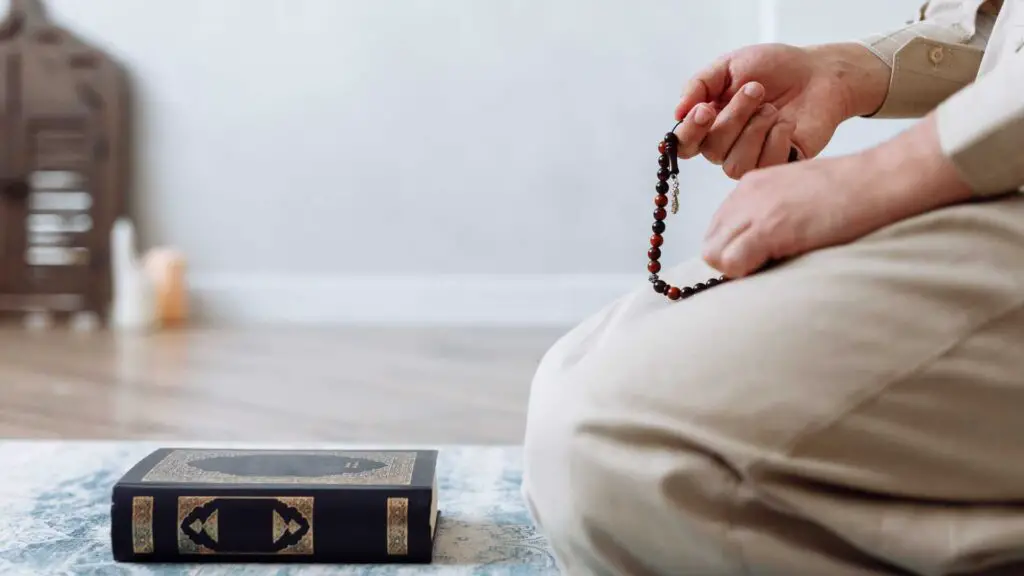
Praise of Allah should be the first thought that comes to mind when you awaken, as it was for the prophet of Allah (peace and blessings be upon him) each and every morning. as soon as you wake up. According to the Sunnah of Allah’s prophet (Peace Be upon him), the Athkar (Statement of memory) for waking up is:
Alhamdulilah hilathi ahyaa’na ba’da ma amaata’na wa ilaihi annushoor
Meaning: All praise is due to Allah who has given me life, after taking it, and to him is the final return.
You see, it serves your purpose to praise Allah in the morning. because one of the best forms of worship is gratitude, and you were created to worship Allah.
3) Do Wudu:

Water cleanses the body of all signs of sleep and refreshes and energizes it. Water is essential to human life because it makes up a major portion of our makeup. Additionally, we use it to renew and purify ourselves prior to engaging in any type of worship. Since life cannot exist without water, water is one of life’s wonders.
As soon as the Prophet of Allah (peace and blessings be upon him) would awaken, he would perform Wudu, which is a worship ritual and a means of spiritual purification.
Also Read: How to do Wudu: A Step-by-Step Guide
4) Early Morning:
The day of Prophet Muhammad started with the pre-dawn prayer called Fajr. He would wake up before sunrise to worship Allah and seek His blessings. This time of the day is considered spiritually uplifting and provides a serene environment for reflection, gratitude, and supplication.
The Prophet (ﷺ) said, “The two Rak’ah before the dawn (Fajr) prayer are better than this world and all it contains.”
[Muslim]
5) Make Du’a
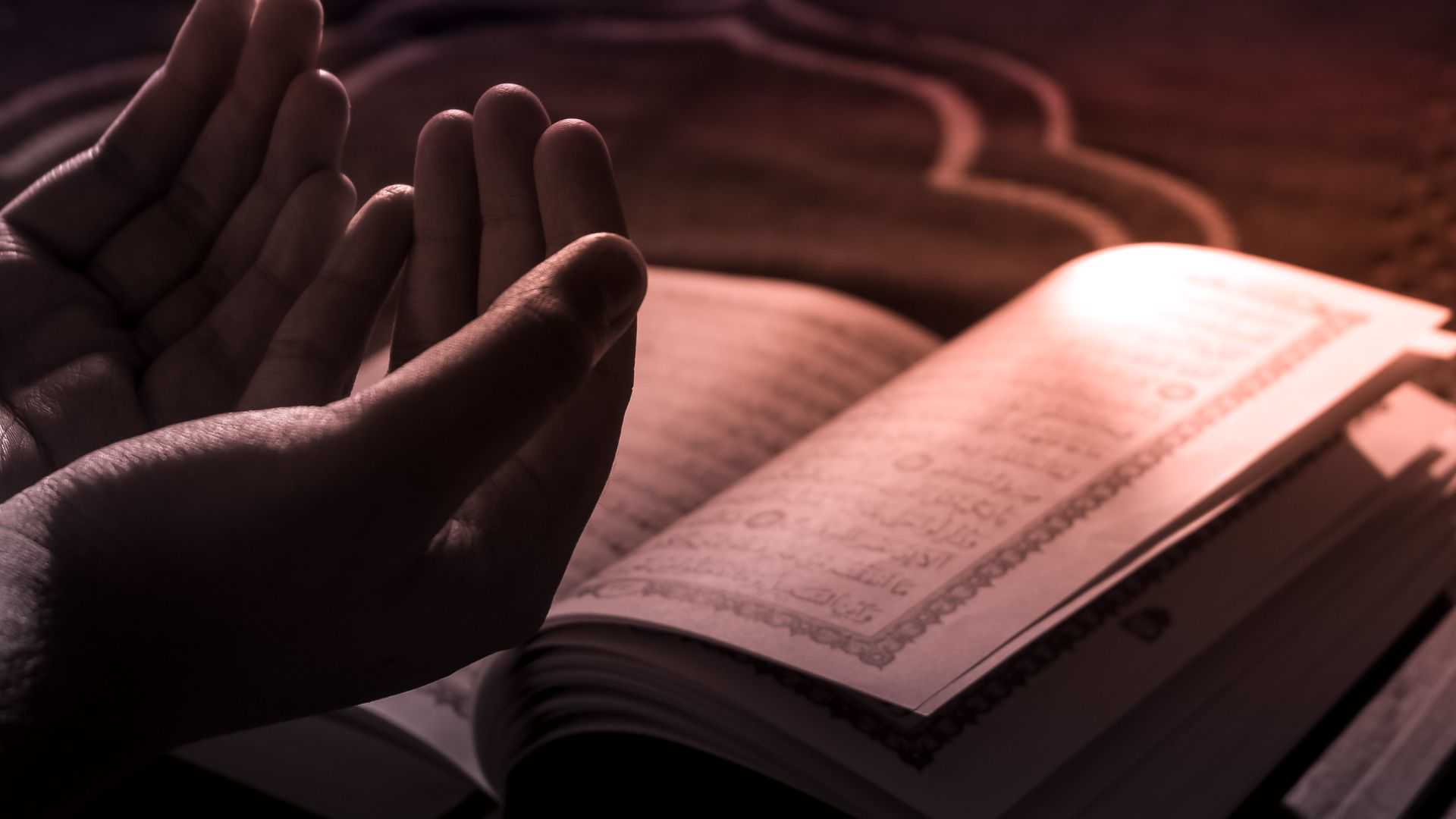
Having a list of daily du’as (supplication) to begin and end the day with—something as basic as reciting Ayat-ul-kursi and asking for Allah’s protection. By reciting it,
The Prophet (ﷺ) said there will be a guardian appointed over us from Allah, who will protect us from Shaytan during the night.
[Bukhari]
There are numerous situations in which it is lovely to offer du’a, both for ourselves and for others; while one is traveling or fasting, on a Friday before Maghrib or when it is pouring down rain.
Abu Dharr (RA) reported that Allah’s Messenger (ﷺ) said:
“There is no believing servant who supplicates for his brother behind his back (in his absence) that the Angels do not say: The same be for you too.“
[Muslim]
6) Physical Well-being:
After the Fajr prayer, the Prophet would engage in light physical activity such as walking or tending to his animals. He emphasized the importance of maintaining a healthy body and encouraged Muslims to take care of their physical well-being.
7) Morning Routine:
Prophet Muhammad would then engage in personal hygiene practices, such as brushing his teeth, performing ablution (ritual washing), and dressing neatly. He understood the significance of cleanliness and presented himself in the best possible manner.
8) Devotion and Study:
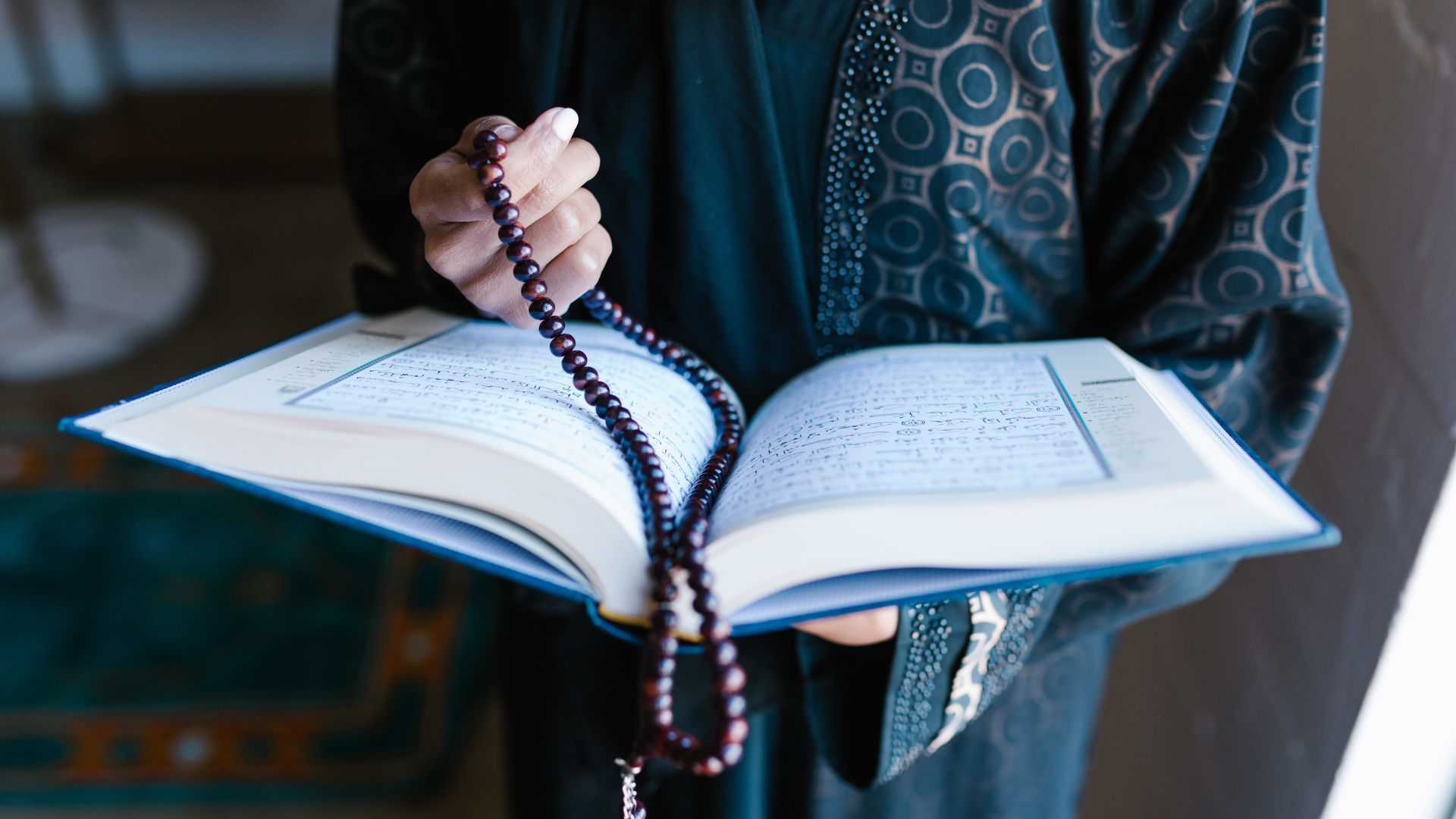
The Prophet would allocate a portion of his morning for prayer, recitation of the Quran, and seeking knowledge. He encouraged Muslims to seek education throughout their lives, emphasizing the importance of continuous learning and personal growth.
9) Work and Productivity:
Prophet Muhammad was known for his industriousness and hard work. He would engage in his daily responsibilities, whether it was fulfilling his duties as a leader, settling disputes, attending to administrative matters, or providing counsel and guidance to his companions.
10) Social Interaction:
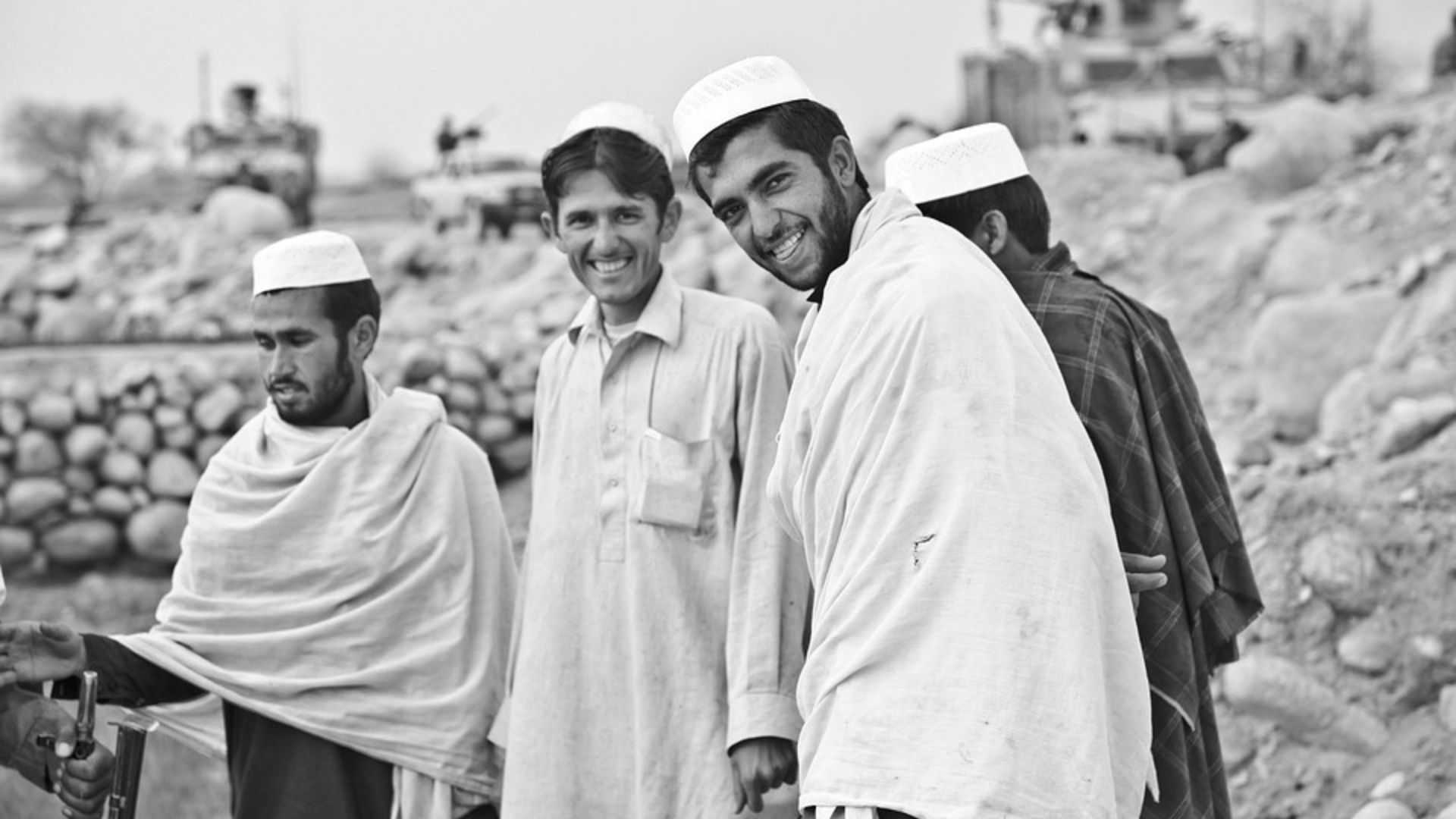
The Prophet placed great importance on maintaining strong ties with his community. He would actively engage with people, offer assistance, and listen attentively to their concerns. He taught the value of kindness, empathy, and fostering healthy relationships.
11) Dhikr
Dhikr (remembrance of Allah) and du’a go together. Dhikr can be readily incorporated into your everyday Muslim daily routine, whether it is during breaks, on the way to work, or even at home by yourself. The Qur’an instructs us to pay attention to it when it is being read in order to get mercy, so even something as easy as listening to it on the drive to the grocery store can be beneficial. This is stated so elegantly in Surah Al-A’raf.
The Messenger of Allah (ﷺ) said, “Allah the Exalted says: ‘I am as my slave expects me to be, and I am with him when he remembers Me. If he remembers Me inwardly, I will remember him inwardly, and if he remembers Me in an assembly, I will remember him in a better assembly (i.e., in the assembly of angels).”
[Bukhari]
12) Midday Break and Rest:
During the midday, the Prophet would take a short break for rest and relaxation. He recognized the importance of balancing work and rest to maintain energy levels and productivity.
13) Afternoon Activities:
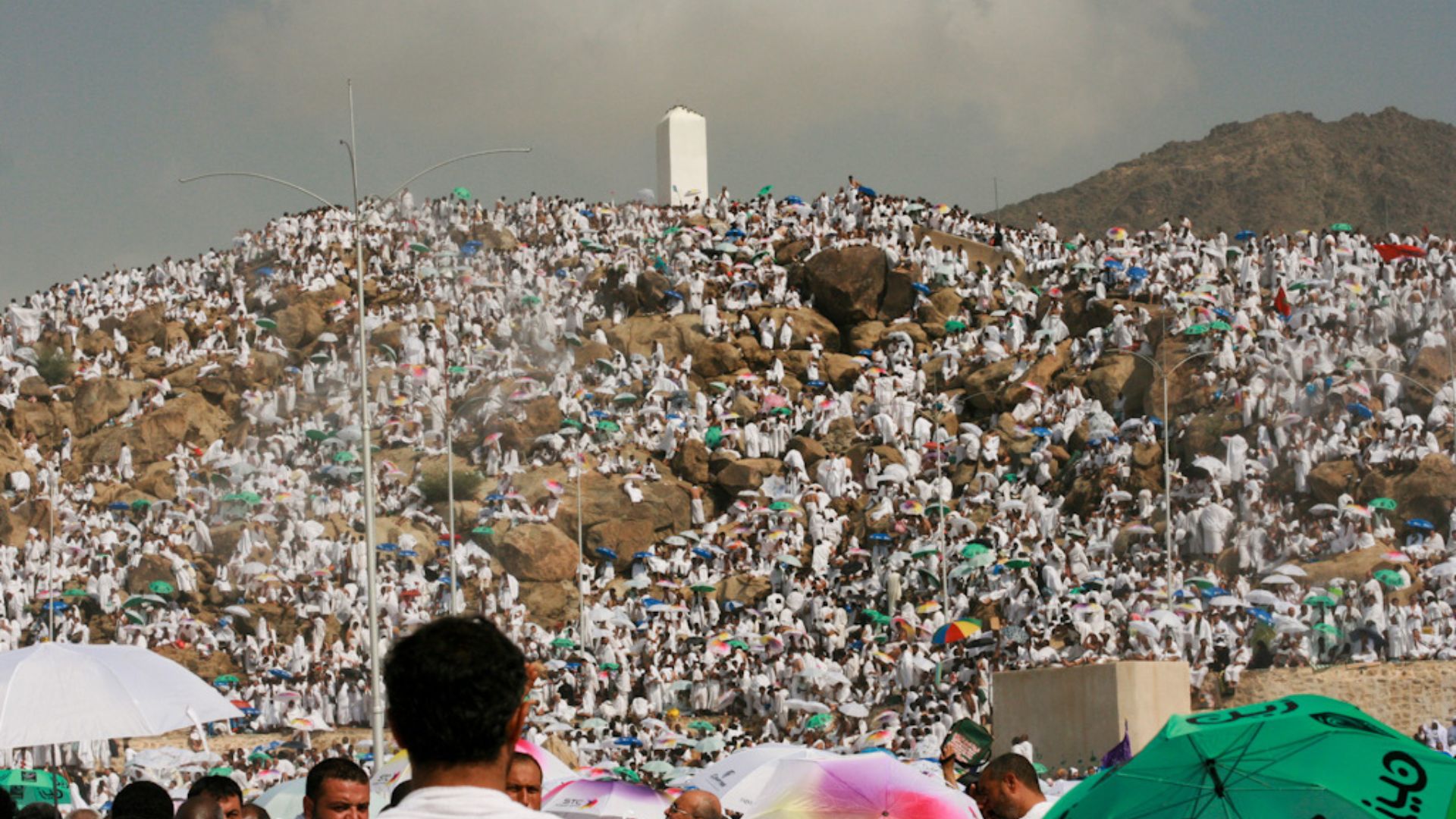
In the afternoon, Prophet Muhammad would engage in various activities depending on the day. These activities could include teaching, delivering sermons, attending gatherings, visiting the sick, or engaging in community service. He maximized his time and utilized every opportunity for good deeds.
14) Charity

Donating consistently, whether for even a small amount every day, week, or month. We even have the opportunity of selecting the causes we want to support in detail. Do you favor the gift of education? having access to a masjid for prayer? The orphans? In reality, we are helping ourselves before helping anyone else when we give to charity.
15) Time for Family and Friends:

Prophet Muhammad always made time for his family. He would spend quality time with his wives, children, and extended family, providing love, guidance, and support. He emphasized the importance of fulfilling family responsibilities and maintaining a harmonious household.
Narrated ‘Abdullah bin ‘Amr (RA):
Once Allah’s Messenger (ﷺ) said to me, “I have been informed that you offer Salat (prayer) all the night and observe Saum (fast) during the day.” I said, “(Yes) I do so.” He said, “If you do so, your eyesight will become weak and you will become weak. No doubt, your body has right on you, and your family has right on you, so observe Saum (for some days) and do not observe it (for some days), offer Salat (for sometime) and then sleep.”
[Bukhari]
16) Evening Reflection:
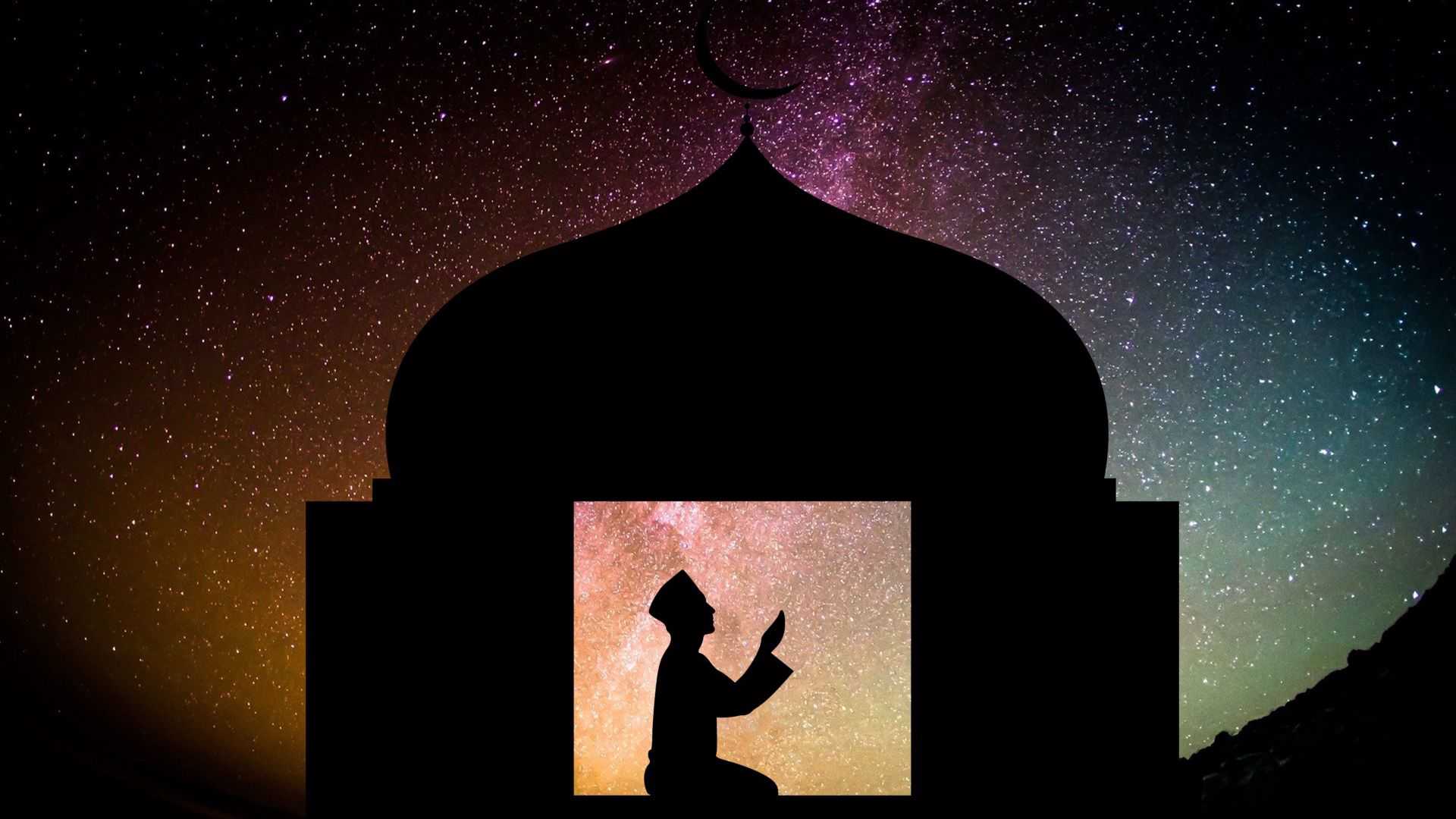
Before retiring for the night, the Prophet would engage in reflection and supplication. He would express gratitude for the day, seek forgiveness for any shortcomings, and make intentions for the following day. This practice promoted self-awareness, self-improvement, and a peaceful state of mind.
Conclusion: Strive to follow this Muslim daily routine
In summary, the productive Muslim daily routine based on the example of Prophet Muhammad’s life revolves around balancing spiritual devotion, personal growth, work, family, and community engagement. It emphasizes the importance of starting the day with a strong connection to Allah, maintaining physical well-being, seeking knowledge, being productive in work, nurturing relationships, and ending the day with reflection and gratitude. By following this Muslim daily routine, one can strive towards a balanced and purposeful life, aligning their actions with the values and teachings of Islam.
These were some of the Productive Muslim daily routine From the Life of Prophet Muhammad. Read more Islamic Blogs or Follow us on social media for daily Islamic reminders.


